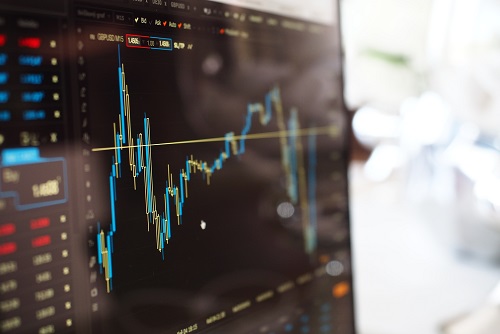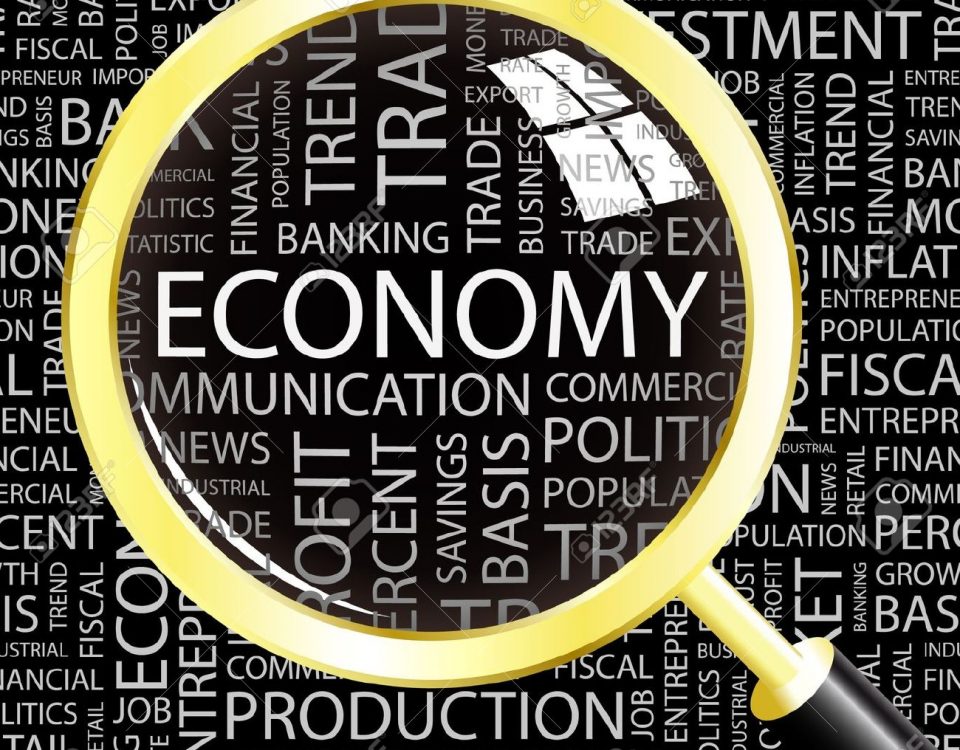South Africa’s Finance Minister Malusi Gigaba and central bank governor Lesetja Kganyago head to Washington this weekend to meet ratings agencies and international investors in a bid to boost growth in an economy that is emerging from recession.
The Treasury said in a statement on Thursday that Gigaba would use the meetings during the International Monetary Fund and World Bank annual conference to convince investors and ratings firms that the economy was on the mend.
Moody‘s, Fitch and S&P Global Ratings all downgraded the country’s sovereign credit rating, the latter two to sub-investment grade, following President Jacob Zuma’s abrupt axing of Pravin Gordhan as finance minister in March.
All three agencies have warned that persistently low growth at struggling state firms heavily reliant on government bailouts pose significant risks to the country’s ratings. They are also concerned about political jostling ahead of a conference of the ruling African National Congress party in December to elect a new leader to replace Zuma.
“It is important that we continue to engage these stakeholders to discuss interventions on how they can support South Africa’s development process, and to demonstrate our commitment towards addressing their concerns,” the Treasury said in the statement.
The World Bank on Wednesday kept its 2017 economic growth forecast for South Africa at 0.6 percent, and said the economy would expand below 2 percent in 2018 and 2019, warning the country needed to urgently rein in political uncertainty.
On Tuesday, the IMF said it expected South Africa’s economy to grow by 0.7 percent this year, down from an earlier projection of 1 percent given in July, saying rising political uncertainty has dented consumer and business confidence.
The leadership contest to replace Zuma as head of the African National Congress (ANC) party has spawned different rival factions and no clear frontrunner, raising political uncertainty. Zuma can remain as head of state until an election in 2019.



